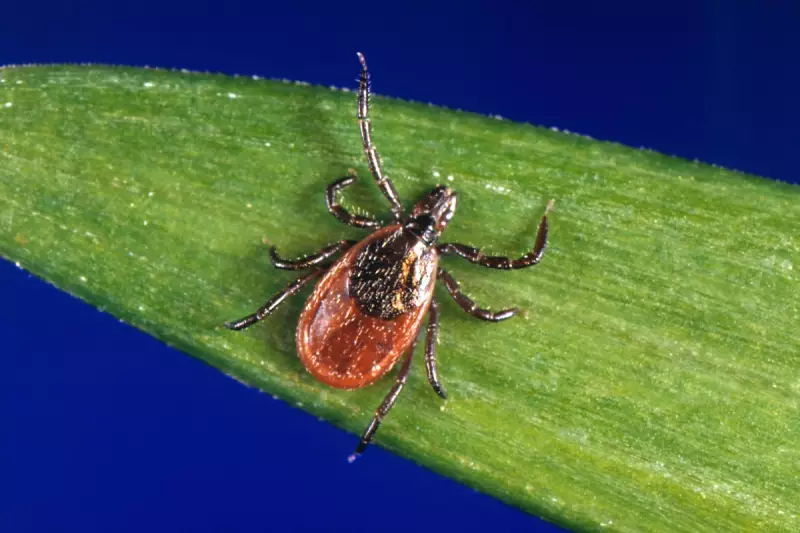
In a bold step that reads like science fiction, the secluded island of Nantucket, Massachusetts, has become the stage for a pioneering experiment. Scientists have begun releasing hundreds of genetically modified mice into the environment, aiming to combat the area's severe Lyme disease problem at its root.
The Tick Trouble on the Island
Nantucket, a popular tourist destination, is a known hotspot for Lyme disease, a debilitating illness transmitted by black-legged ticks. The high population of white-footed mice, which are primary carriers of the bacteria that causes the disease, has made eradicating it nearly impossible through conventional means.
How the 'Anti-Lyme' Mice Work
The project, led by the non-profit organisation Island Conservation, uses a clever genetic tweak. The mice have been engineered to produce antibodies that attack the Borrelia burgdorferi bacterium in a tick's gut after it feeds on the mouse.
This breakthrough means that instead of being a reservoir for the disease, these GM mice effectively become 'vaccinated’ super-spreaders of protection. When a tick bites one of these mice, it becomes neutralised, unable to transmit Lyme to its next host, be it another animal or a human.
A Controversial but Calculated Strategy
The release of genetically modified organisms into the wild is always met with ethical and environmental concerns. Proponents argue that the potential benefit to public health is immense and that the mice are engineered to pass the protective trait to their offspring, creating a lasting solution.
Opponents, however, worry about unforeseen consequences on the local ecosystem. The project's managers state that extensive modelling has been conducted to mitigate risks, and the isolated nature of the island makes it an ideal, contained environment for such a trial.
A Glimmer of Hope for a Widespread Problem
If successful, this innovative approach could revolutionise how we fight not only Lyme disease but other tick-borne illnesses across the United States and beyond. The eyes of the public health world are firmly fixed on Nantucket, waiting to see if this genetic intervention can turn the tide in a long-standing battle.





